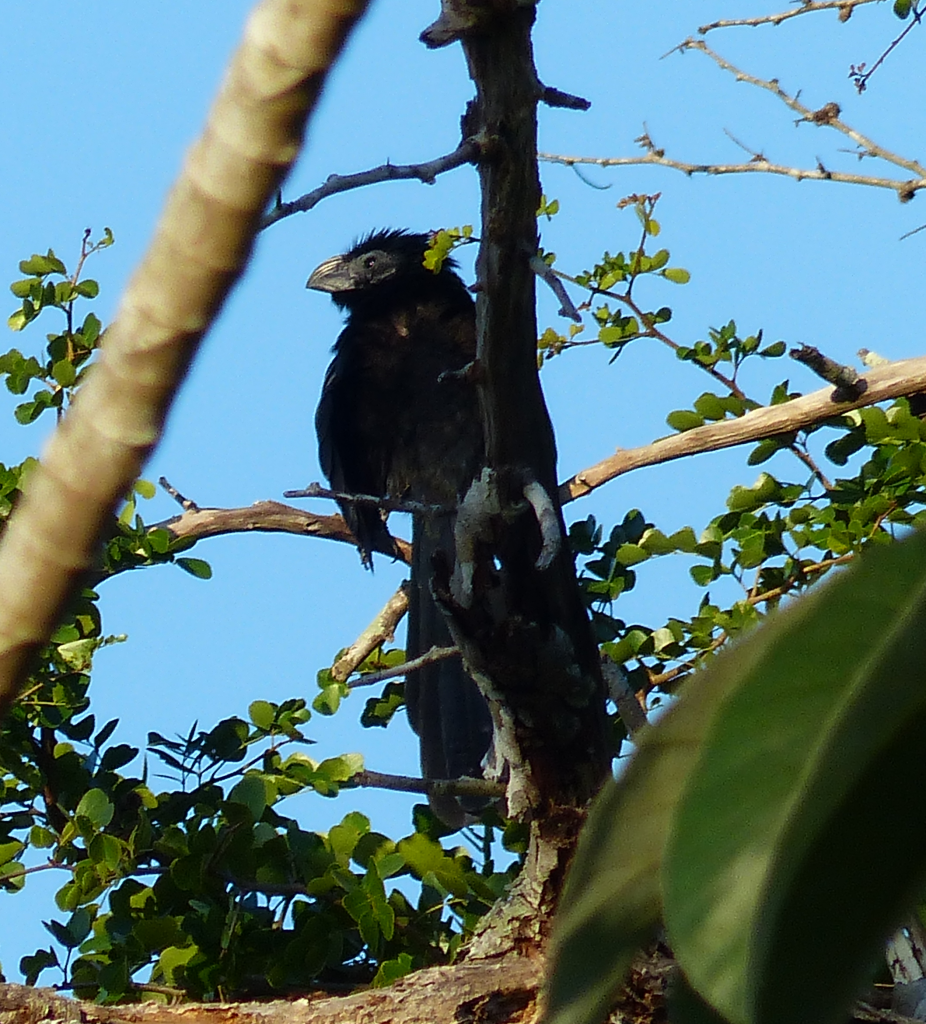An unhealthy degree of familiarity with the permissible two-letter words is one of the early warning signs of a Scrabble addict. International tournament Scrabble permits 124 two letter words, but only around half of them are everyday words, with the rest an odd mix of variant spellings, foreign-derived obscurities, and written forms of things you didn’t know were words: like the letter R, spelled AR, obviously, or the expression of scepticism produced when first seeing it played, spelled HM (or HMM). For those people who imagine the game is about playing words from one’s own working vocabulary, it can be quite annoying when an opponent drops GU and points smugly at the appropriate page in the definitionless lexicon rather than talking convincingly about their keen interest in Shetland Island folk music.
So, for anyone fed up of being on either end of that kind of conversation, here is a handy semi-interactive visual guide to the two letter words in Scrabble.
Despite usually playing the role of smug GU-player, I have some sympathy for the other point of view. Here’s five 2-letter words doing a bad job of justifying their place in the lexicon:
CH
The Collins dictionary (i.e. International Scrabble) description even says “obsolete form of I”. I chalk this one up to lobbying from players who desperately wanted to be able to play C in a two-letter word.
DI
Collins claims this is a plural form of DEUS. I mean, DEUS isn’t really English either, except as a Plantagenet-era interjection. Is this the foreign word in multiple phrases thing? Though I tip my hat to the scholars trying to make “di ex machina” happen, I am unconvinced by it’s Scrabbleworthiness.
OD
A hypothetical force proposed by Baron Karl von Reichenbach as pervading all nature and accounting for various physical and psychological phenomena. Here’s a brief history. The hypothesis was not very successful. In W. Gregory’s translation of von Reichenbach’s reseaches, we are told “the author has given to the new imponderable the name of Od, a name not possessing any meaning, but admitting of being compounded, according to the genius of the German language.” It didn’t catch on at the time, it’s not going to now, and failed coinages are always a little tragic. Best to lay it to rest.
That kind of universal-fluid-life-force theory was big in the mid-19th century. Bulwer-Lytton’s VRIL is a similar concept, maintaining a similarly dubious place in the lexicon, but its usefulness as a way to dump a V is some compensation.
These subterranean philosophers assert that, by one operation of vril, which Faraday would perhaps call “atmospheric magnetism,” they can influence the variations of temperature—in plain words, the weather; that by other operations, akin to those ascribed to mesmerism, electro-biology, odic force, &c., but applied scientifically through vril conductors, they can exercise influence over minds, and bodies animal and vegetable, to an extent not surpassed in the romances of our mystics.
— Edward Bulwer-Lytton, demonstrating his mastery of both science and prose, in Vril, The Coming Race.
OE
Unusually, it’s the North American lexicon which is dodgy here. The Hasbro dictionary search defines OE as “a whirlwind off the Faeroe Islands”, which definition seems to have been copied verbatim, from dictionary to dictionary, without anyone wondering whether it was still useful.
oe, n. A whirlwind off the Faeroe Islands.
The American Practical Navigator, US Govt. NIMA (1982–2002)
oe (ō), n. A whirlwind off the Faeroe Islands.
Navigation Dictionary, US Hydrographic Office (1956)
Oe. A violent whirlwind off the Ferroe Islands.
Naval Encyclopaedia, Philadelphia (1881)
OE. An island [from the Ang-Sax.] Oes are violent whirlwinds off the Ferroe Islands, said at times to raise the water in syphons.
The Sailor’s Word-Book, London (1867)
150-year-old copypasta.
Collins defines OE as “grandchild”, a variant of Scots dialect “OY”, and various dictionaries list that meaning, and/or oe, “a small island”. It would be nice if either meaning had citations more recent than the time Walter Scott finished translating his collection of Danish ballads, but at least there’s some evidence that OE was actually used in those senses.
KY
A dialect word for cows, apparently used in Scots and northern dialects. Fair enough, maybe, except the OED’s usage quotations have the word spelled KYE in every instance since 1522. Might be time to retire the shorter variant? Same argument goes for NY and FY, come to think of it. Allowing spelling variants that haven’t been used since the invention of spelling just makes you looks silly.






